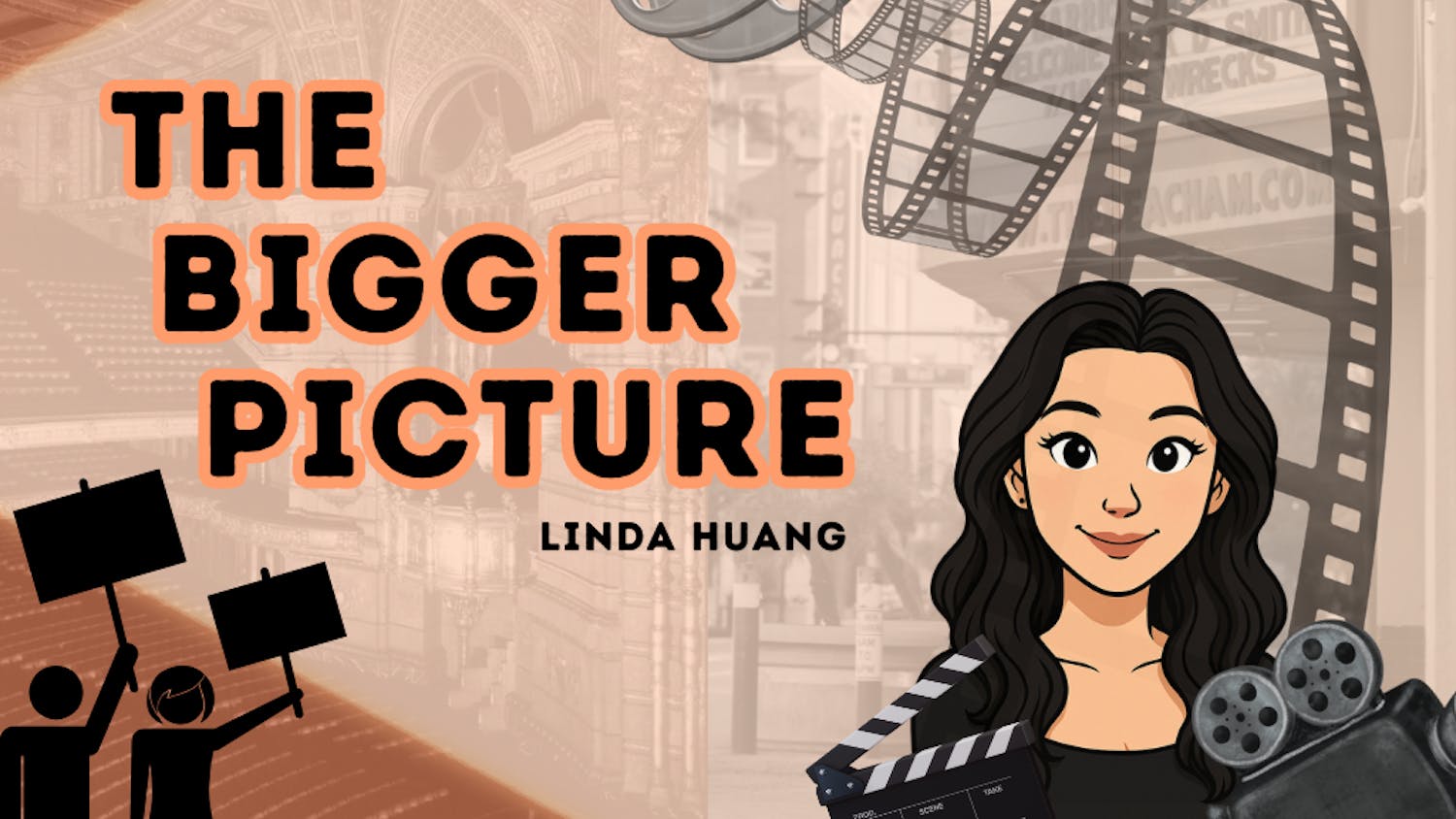Those who read my column regularly will know I usually make an attempt toward humor. This week, I chose to take a more somber tone. This in part is how I deal with empathizing with loss, but it is also comes from a sense of respect. The atrocities that occurred in Paris, in Beirut and in Kenya have highlighted both current and historical human loss, hatred and unfairness.
I was incredibly uncomfortable when trying to write this column; in fact, it took significantly more rewrites than usual. Not from fear of being incendiary (though who wouldn't fear backlash in The Daily’s comment section), but because I was unsure if it was my place to. To me, grief and mourning are incredibly personal and private.
Massive loss of life has not always been distant to my reality. Violence, injustice, even mass killings are frequent in the countries I come from: El Salvador and Argentina, by way of Colombia. The upper-class circles I was educated in tried to limit their exposure to these realities through the routinization and denial of these atrocities. Still, while violence and injustice are not blind to class, the boundaries were often broken. Nevertheless, empathy and collective sorrow were definitely selective.
While “community” definitely serves a key role in acquiring resilience to the personal burden of loss, I wonder if that is the role that social media plays for the victims of Paris. I wonder whether the request for a collective “humanizing pause” -- a suspension of politics and critique -- for the victims of Paris is even at all possible. Looking even beyond the direct political statements about and around the implication of the attacks, both the "viralization" of support and the actual symbolism behind these manifestations of support are not apolitical. The hashtag #NousSommesParis and #PrayForParis and the use of the French flag as a Facebook filter are not clean of political and geostrategic (colonial) implications. Moreover, the nature of most viralized and massive social media responses is not of collective mourning or grief, but of collective solidarity. This is undeniably a kind and humane gesture, maybe one even undeserving of the political backlash it has received by some of the more liberal social media presences, but still one that is heavily political.
To me, again, grief is personal. The feelings of empathy and sympathy are communal and humane; their public expression becomes solidarity.
I write this not in an attempt to condemn those who have expressed solidarity for victims -- regardless of their locations -- or even those who have pressed on both the political implications and altercations of recent events and their consequential developments. I guess I am not sure why I write this. Perhaps as a necessity to express empathy myself, and urge to insist that the loss of every life is political, and it is the responsibility of politics in it that most troubles me. We cannot continue to act without self-awareness as to why we empathize, sympathize and with whom.
More from The Tufts Daily
The Bigger Picture: ‘When Harry Met Sally…’
By
Linda Huang
| February 13
No, America isn’t becoming Nazi Germany
By
Sorsha Khitikian
| February 12
Moments ‘til Madness: An abysmal year for the Big East
By
Owen Short
| February 12





